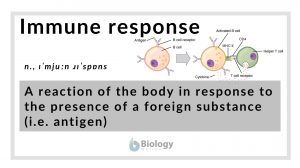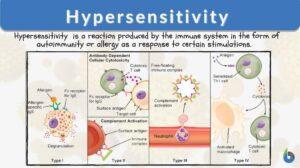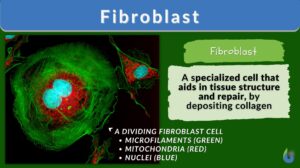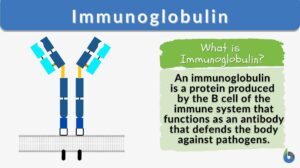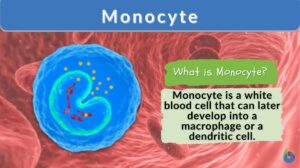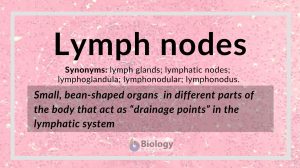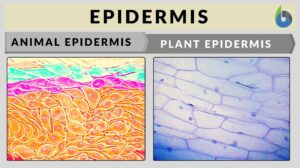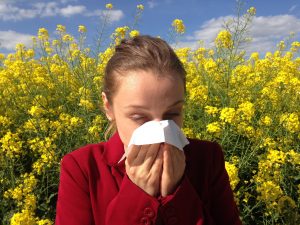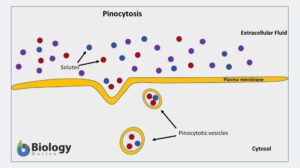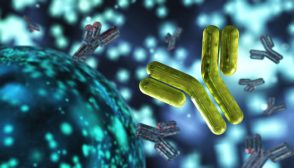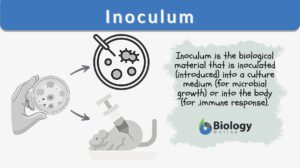Search Results for: the+immune+system
Immune response
Immune Response Definition An immune response is defined as the reaction of the body in response to the presence of a... Read More
Hypersensitivity
Hypersensitivity Definition Hypersensitivity is the exaggerated immune response to protect the human from foreign bodies... Read More
Humoral immunity
Let’s get to know where one should place humoral immunity, the topic of today’s discussion!! By the end of the article,... Read More
Immune system
Definition noun The organ system that is involved in protecting the organism from infection, infestation, and other... Read More
Fibroblast
The building block of living things is known as the cell. The cell contributes to many parts and functions of different... Read More
Immunoglobulin
Immunoglobulin Definition An immunoglobulin is a globulin molecule produced by the immune cells, for the body's defense... Read More
Phagocytosis
Phagocytosis Definition Phagocytosis is a basic physiological cellular process wherein a cell ingests a solid particle... Read More
Reservoir host
Reservoir Host Definition A reservoir host is a host that harbors the pathogen and serves as a source of the infective... Read More
Lymph nodes
Lymph nodes definition Lymph nodes are small, bean-shaped organs located in different parts of the body and act as... Read More
Autoimmunity
Definition noun, plural: autoimmunities A type of immunity wherein the immune response is directed against own body,... Read More
Fibrinous exudate
What Is Fibrinous Exudate? Fibrinous exudate is a type of exudate (inflammatory fluid) that forms at the site of tissue... Read More
Antigenic variation
Definition noun, plural: antigenic variations (immunology) The changing of surface proteins by an infectious agent to evade... Read More
Autoimmune disease
Definition noun, plural: autoimmune diseases A type of disease as a result of an immune response of the body against own... Read More
Plasma membrane
Do all cells have a plasma (or cell) membrane? Yes, all cells have a biological membrane that separates the protoplasm from... Read More
Y chromosome
Y chromosome Definition The Y chromosome constitutes one member of the pair of sex chromosomes within an organism, a common... Read More
Opportunistic pathogen
Opportunistic Pathogen Definition How do we define opportunistic pathogen? The opportunistic pathogen is an infectious... Read More
Pathobiology of allergy and its most severe form, anaphylaxis
When allergy season looms, some people with serious hypersensitivity to allergens tend to be apprehensive of what may come.... Read More
Memory cell
Definition noun, plural: memory cells A long-lived immune cell that has the ability to recognize a foreign particle that it... Read More
Pinocytosis
Pinocytosis Definition What is pinocytosis? Pinocytosis is the ingestion of extracellular fluids, i.e. the fluid... Read More
Adipose tissue
Adipose Tissue Definition Adipose tissue, a specialized variety of connective tissue, is composed of lipid-rich cells known... Read More
Alloimmunity
Definition noun, plural: alloimmunities (immunology) A type of immunity that produces an immune response that is attacking... Read More
Parasitism
Organisms depend on different sources of food to survive. Larger organisms like plants make their own food (autotrophs) and... Read More
Passive and Active Types of Immunity
The previous tutorial investigated the role of white blood cells in phagocytosis. White blood cells are also responsible... Read More
Positive feedback
Positive Feedback Definition Each mechanism of the body like temperature, blood pressure, and levels of specific nutrients... Read More
Memory B cell
Definition noun, plural: memory B cells A small, long-lived B lymphocyte that was previously exposed to a particular... Read More
Integumentary system
Integumentary System Definition The integumentary system is the outermost layer of the body. The animal body, in... Read More
Mitochondrial DNA – hallmark of psychological stress
We often hear that stress can be unsettling as it could make us ill when it becomes chronic and overwhelming. However, is... Read More


